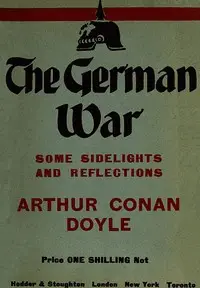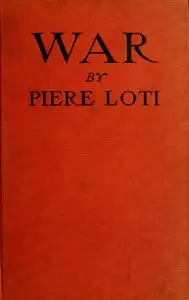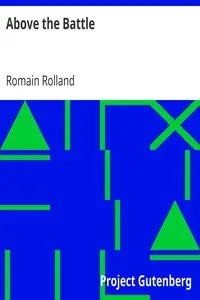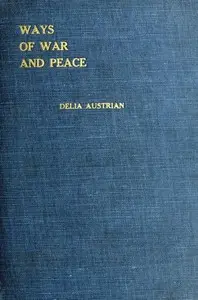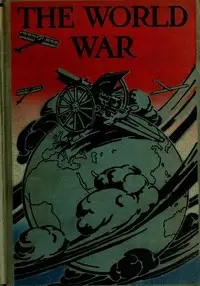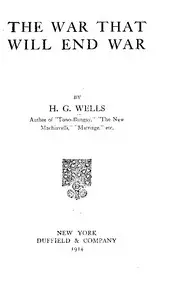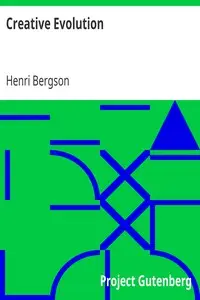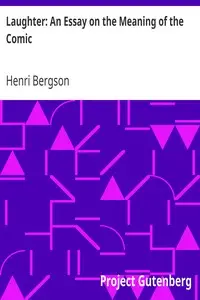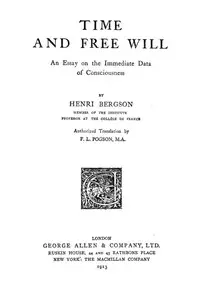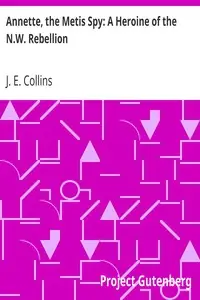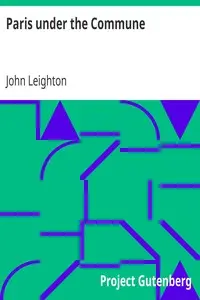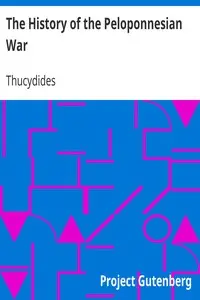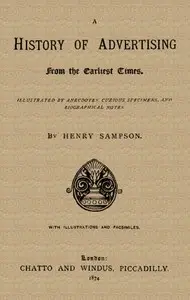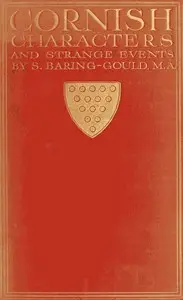"The Meaning of the War: Life & Matter in Conflict" by Henri Bergson is a thought-provoking look at war, composed during World War I, where the author shares a speech given to the Académie des Sciences Morales et Politiques. The story considers the clash between lively, organic forces and cold, mechanical ones, most evident during wartime. Bergson contemplates the deeper effects of war, questioning the popular materialistic views of that time. The story claims World War I epitomizes the fight between the dynamic energy of life and the unyielding machines of a militarized society, with a critical eye on Germany's material and militaristic beliefs. He compares how nations grow naturally versus the forced unity from Prussian militarism, pointing out how this mechanical way of thinking results in violence. Bergson highlights the moral implications of war and suggests that true strength comes from moral ideas like justice and freedom, ideas which opposed the brute force of the German army. He believes that the war's outcome is not just about who has better weapons but a battle between moral directions: one that could refresh humanity, and the other, a path of destruction.
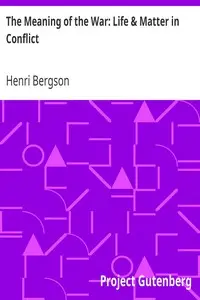
The Meaning of the War: Life & Matter in Conflict
By Henri Bergson
In a world consumed by war, discover how the battle between life and mechanized forces shapes not only nations but the very essence of humanity.
Genres
Released
2005-11-20
Formats
epub
mobi
epub3 (images)
mobi (images)
epub (images)
txt
Free Download
Summary
About the AuthorHenri-Louis Bergson was a French philosopher who was influential in the traditions of analytic philosophy and continental philosophy, especially during the first half of the 20th century until the Second World War, but also after 1966 when Gilles Deleuze published Le Bergsonisme. Bergson is known for his arguments that processes of immediate experience and intuition are more significant than abstract rationalism and science for understanding reality.
Henri-Louis Bergson was a French philosopher who was influential in the traditions of analytic philosophy and continental philosophy, especially during the first half of the 20th century until the Second World War, but also after 1966 when Gilles Deleuze published Le Bergsonisme. Bergson is known for his arguments that processes of immediate experience and intuition are more significant than abstract rationalism and science for understanding reality.
Total Reviews
10.0k
Total reviews from Goodreads may change

